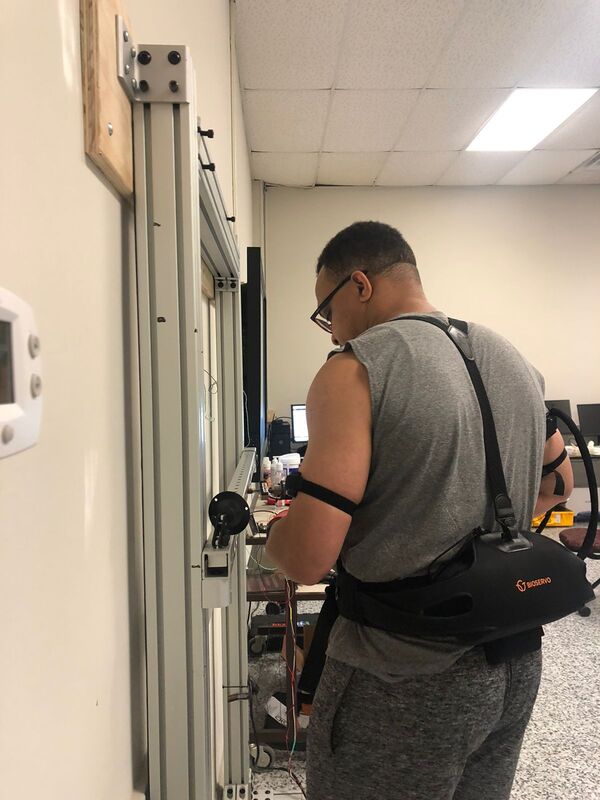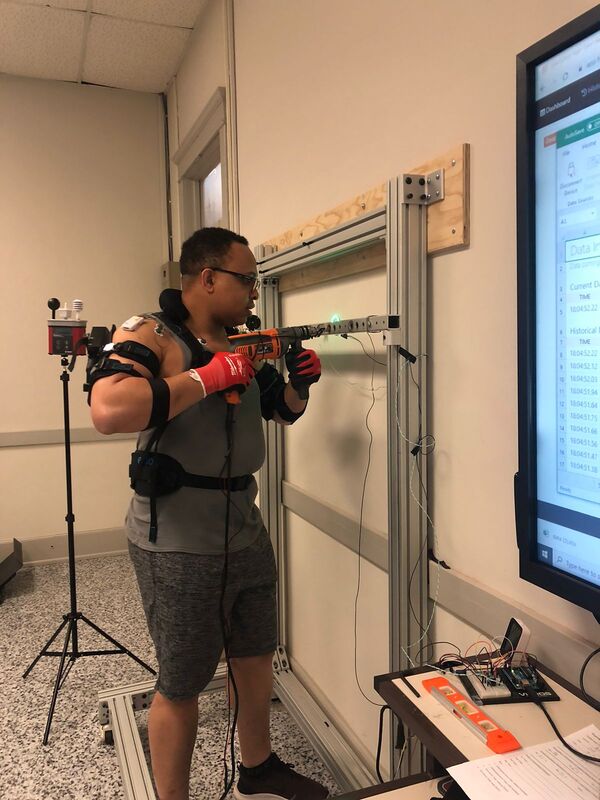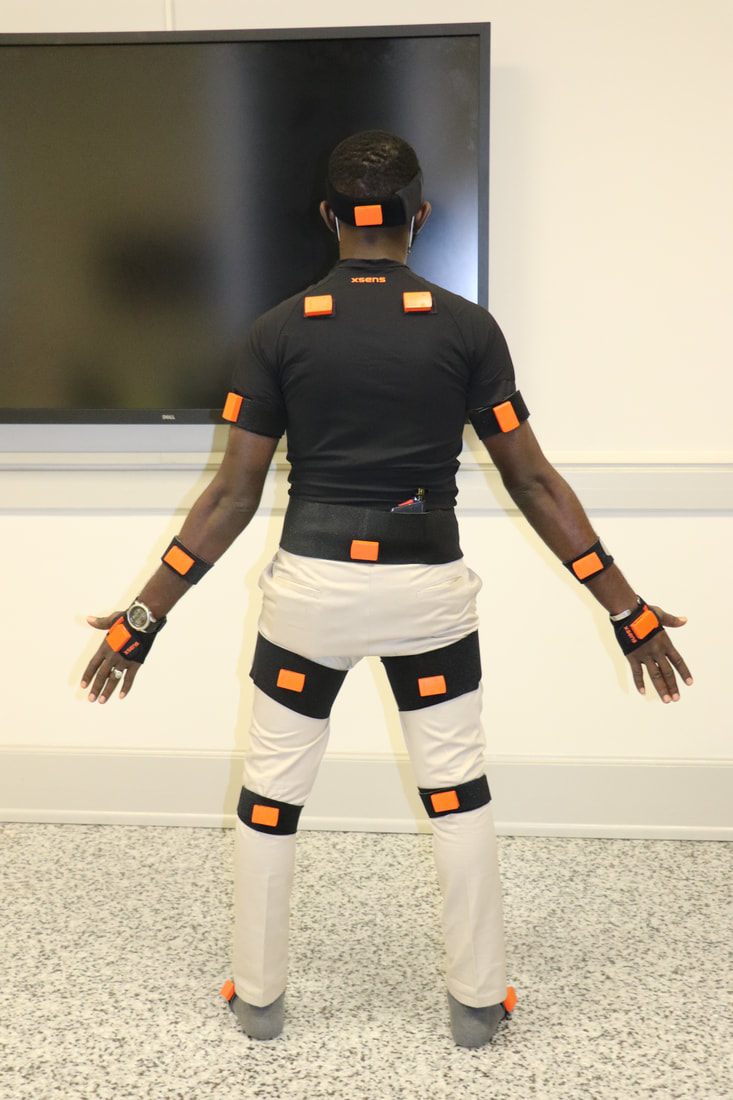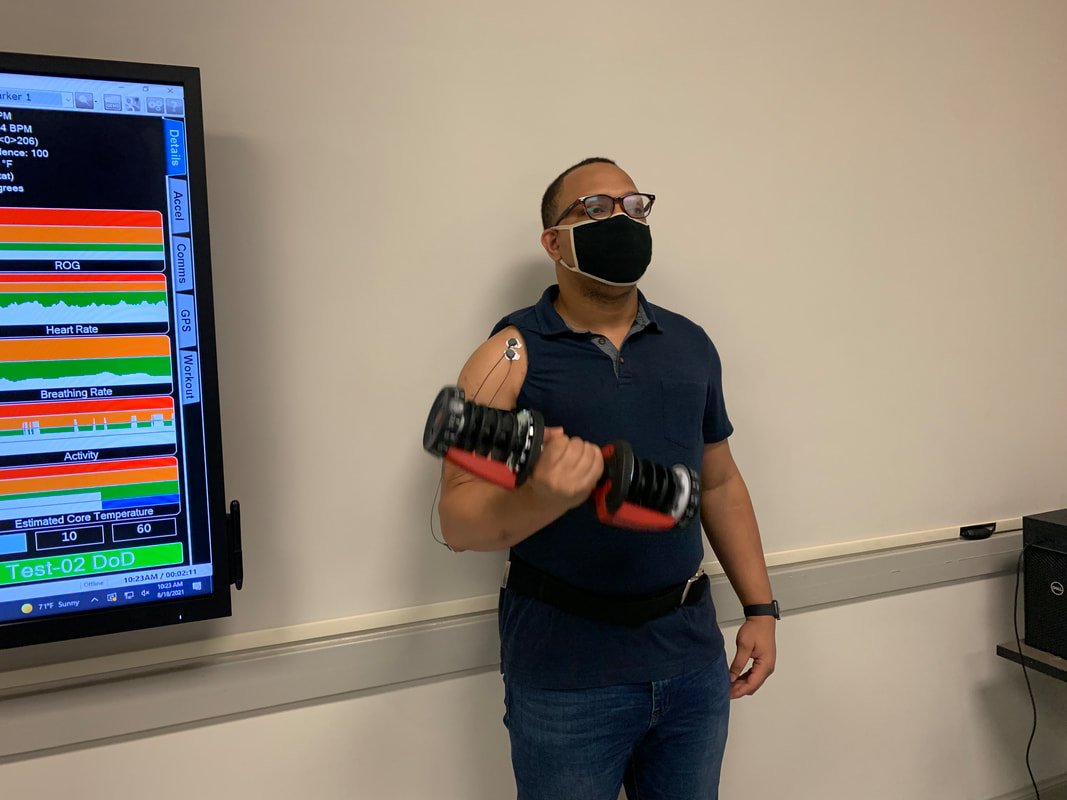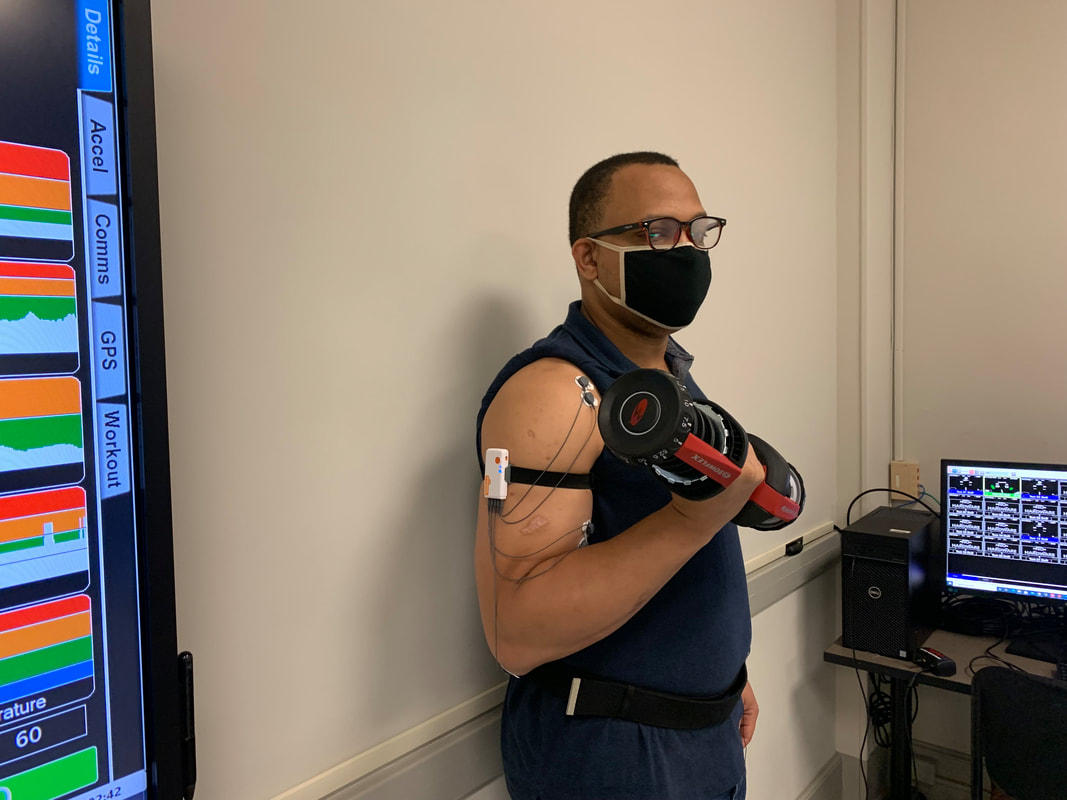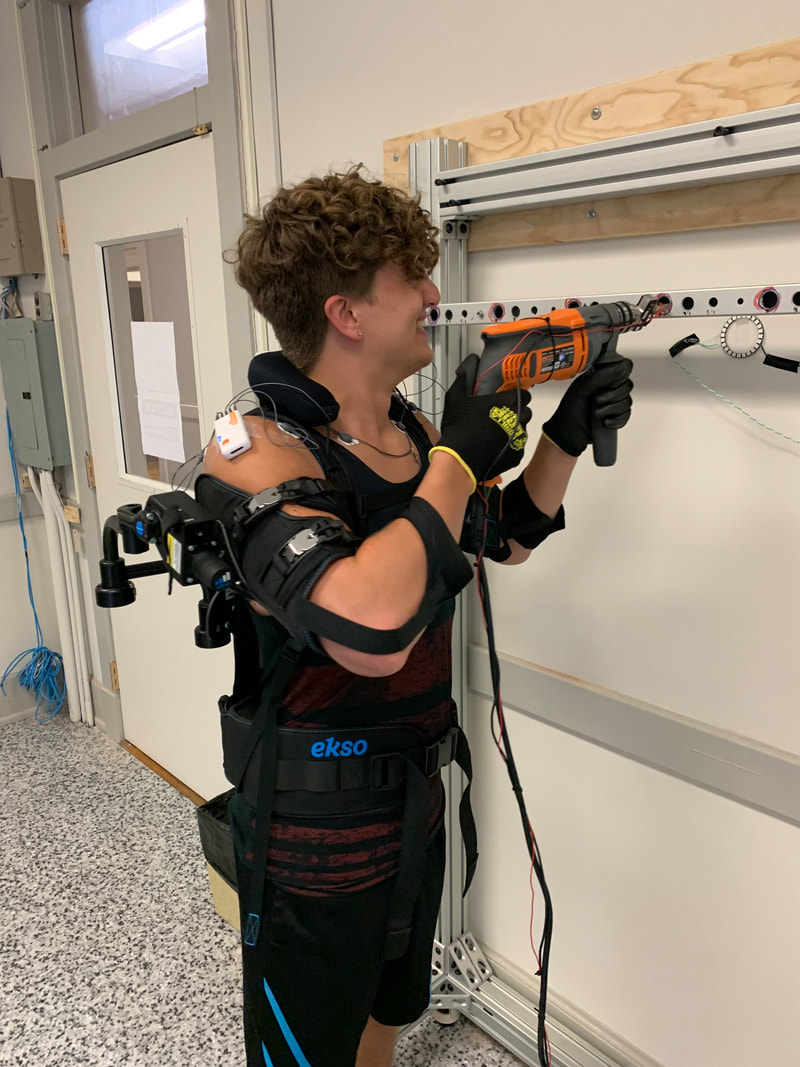Research In Progress
Funded Projects and Sponsors
The Prediction and Evaluation of Strength and Fatigue to Prevent Warfighter Musculoskeletal Injuries
Funding Agency: U.S. Department of Defense - DoD
Role: Co-PI
- Dr. Dario Martelli (The University of Alabama)
- Dr. Amanda Koh (The University of Alabama)
Project Summary: This study will investigate the impact of the environment (e.g., working under different temperatures [hot vs. moderate vs. cold]), working task (e.g., load pattern), and human demographics (i.e., age, height, gender, etc.) on muscle fatigue measurements. The muscle fatigue measurements involve quantitative measures such as EMG and maximum contractile forces. The objectives of this study is to:
- Determine the extent to which environmental conditions, worker demographics and work tasks impact muscle fatigue.
- Develop a wearable device for predicting muscle fatigue

Modular Construction Safety Management
Funding Agency: US Department of Labor – DOL
Role: PI
Project Summary:
the aim of this project is to develop modular construction safety training materials for employers and workers in the permanent and temporary modular construction industry. The training topics that will be covered in this project include modular construction components and modules, potential fall and struck-by-related hazards, accident root causes, typical safety and health outcomes, risk mitigation strategies, and processes for applying safety controls and best practices.

Investigating the Effectiveness of Intrusion Mitigation Technologies in Electric Utility Work Zones
Funding Agency: Electric Power Research Institute (EPRI)
Role: PI
Project Summary:
This project aims to provide the electric utility industry with information on effective Work zone intrusion alert technologies (WZIAT) that could be used for preventing incidents due to work zone intrusions along public roadways. The project will characterize high-risk utility work zones, identify WZIAT for reducing the number and severity of utility work zone intrusions, and provide recommendations for deploying WZIAT. The risks associated with work zone intrusions will be identified and mapped through archival analysis and discussions with the project advisory committee (PAC). WZIATs will be evaluated through conducting controlled evaluation and multiple case studies of the use of WZIATs during construction and maintenance operations within electric utility work zones.
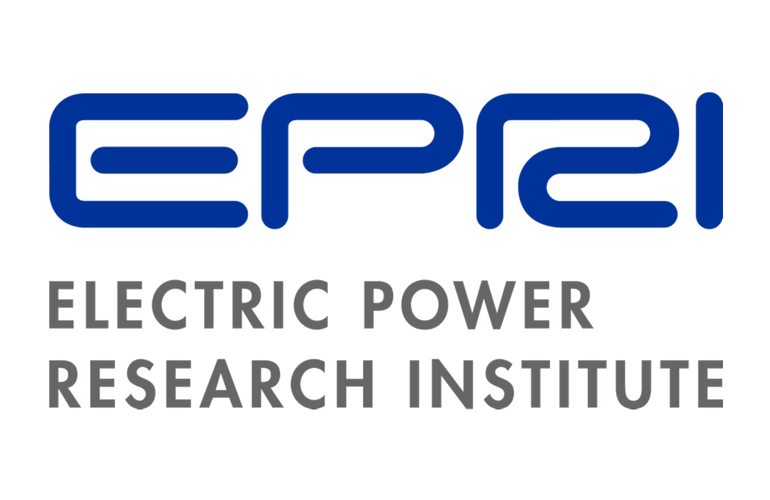
Collaborative Research: Embodied Interactive Environment for Advancing Data Sensing and Computational Thinking Skills in the Built Environment
Funding Agency: National Science Foundation
Role: PI
Project Summary:
This research will develop a DAta Sensing Learning EnvironmenT (called DASLET) to investigate how students’ computational thinking can be developed in addressing construction industry challenges with data sensing technologies and improve their engagement and attitudes toward STEM-related careers. Within DASLET, students can learn how to safely work with different data sensing technologies on a virtual construction site, translate sensor data into computational rules and extract meaningful information to support decision-making.



